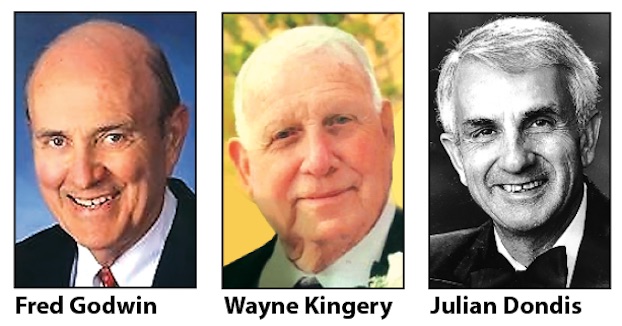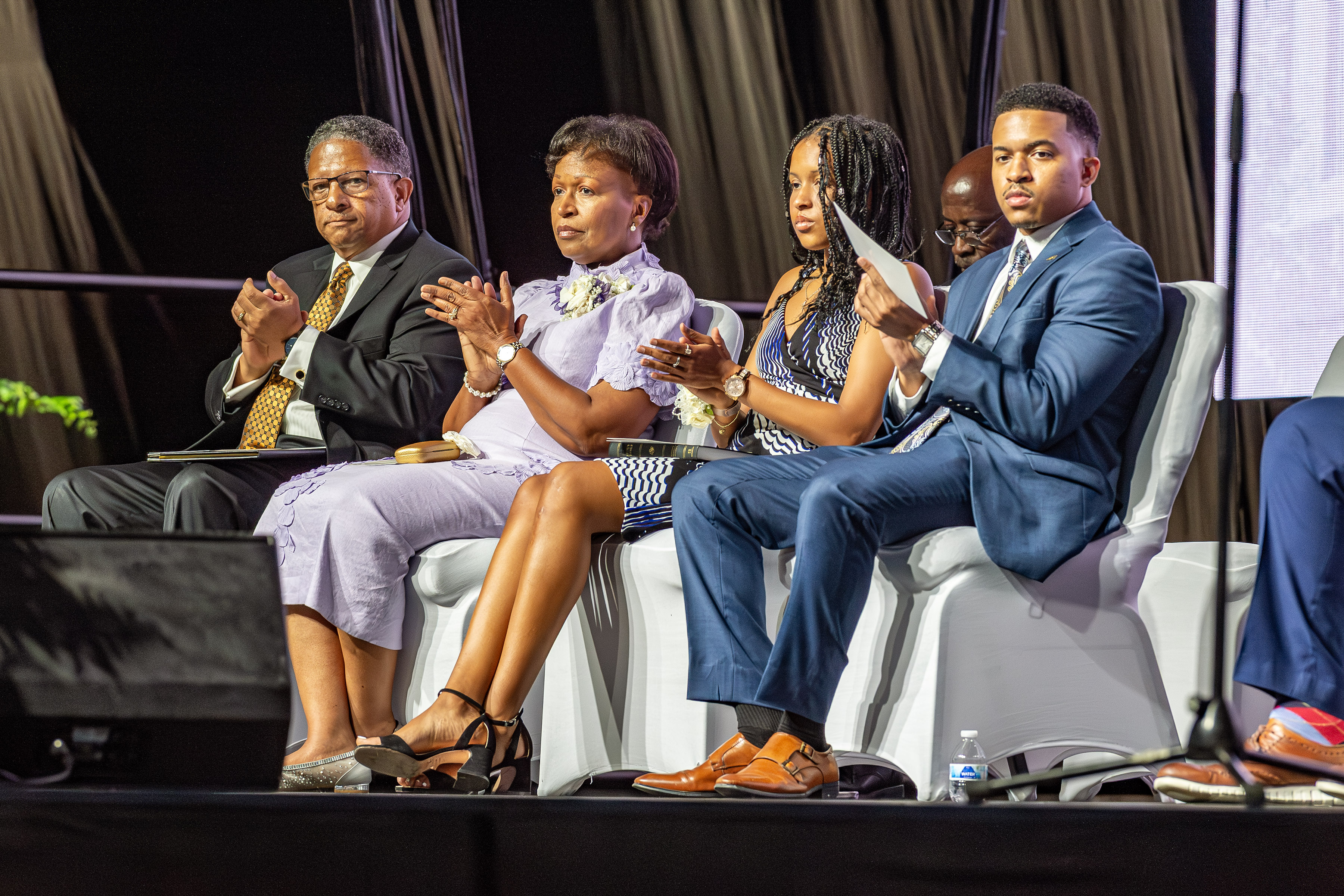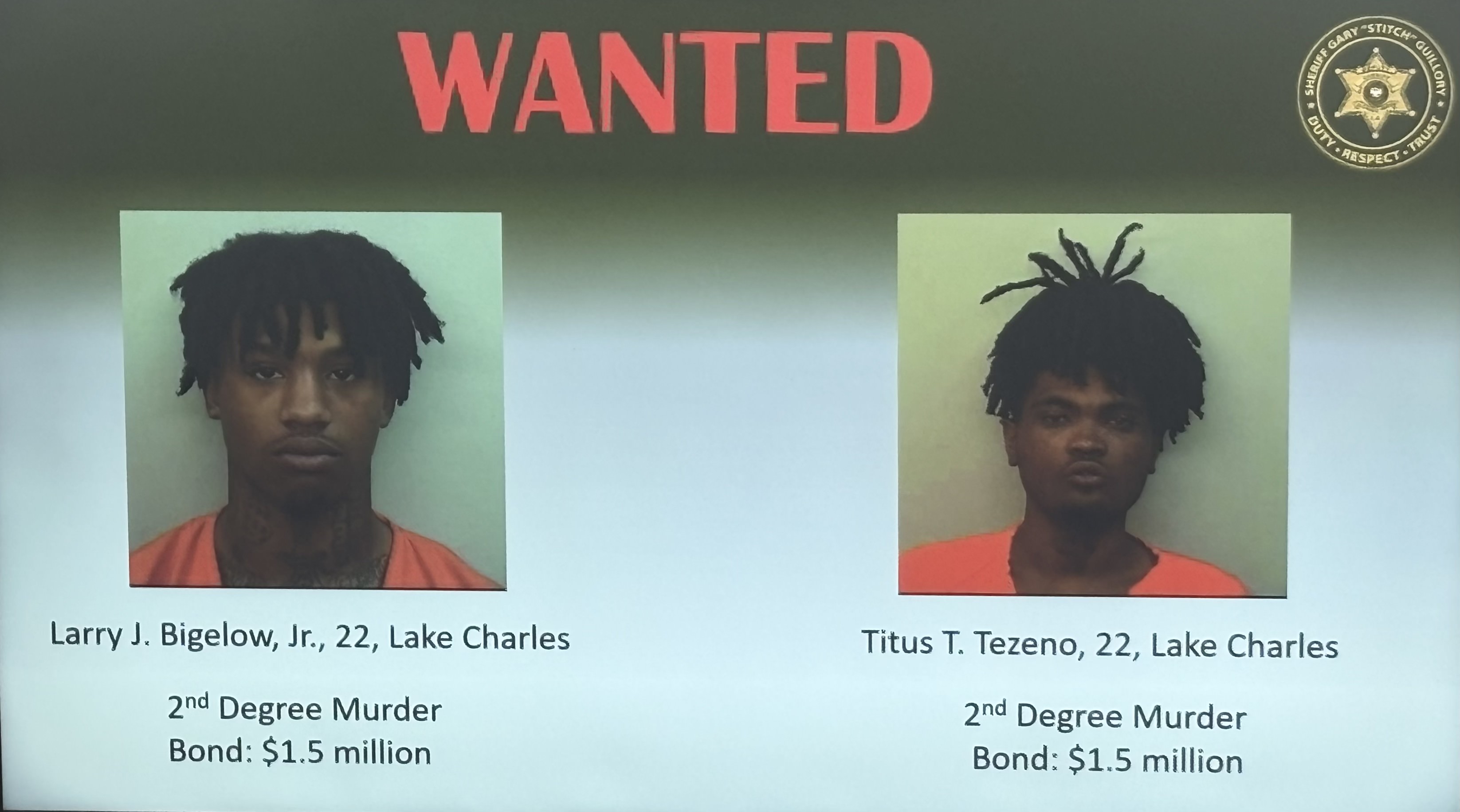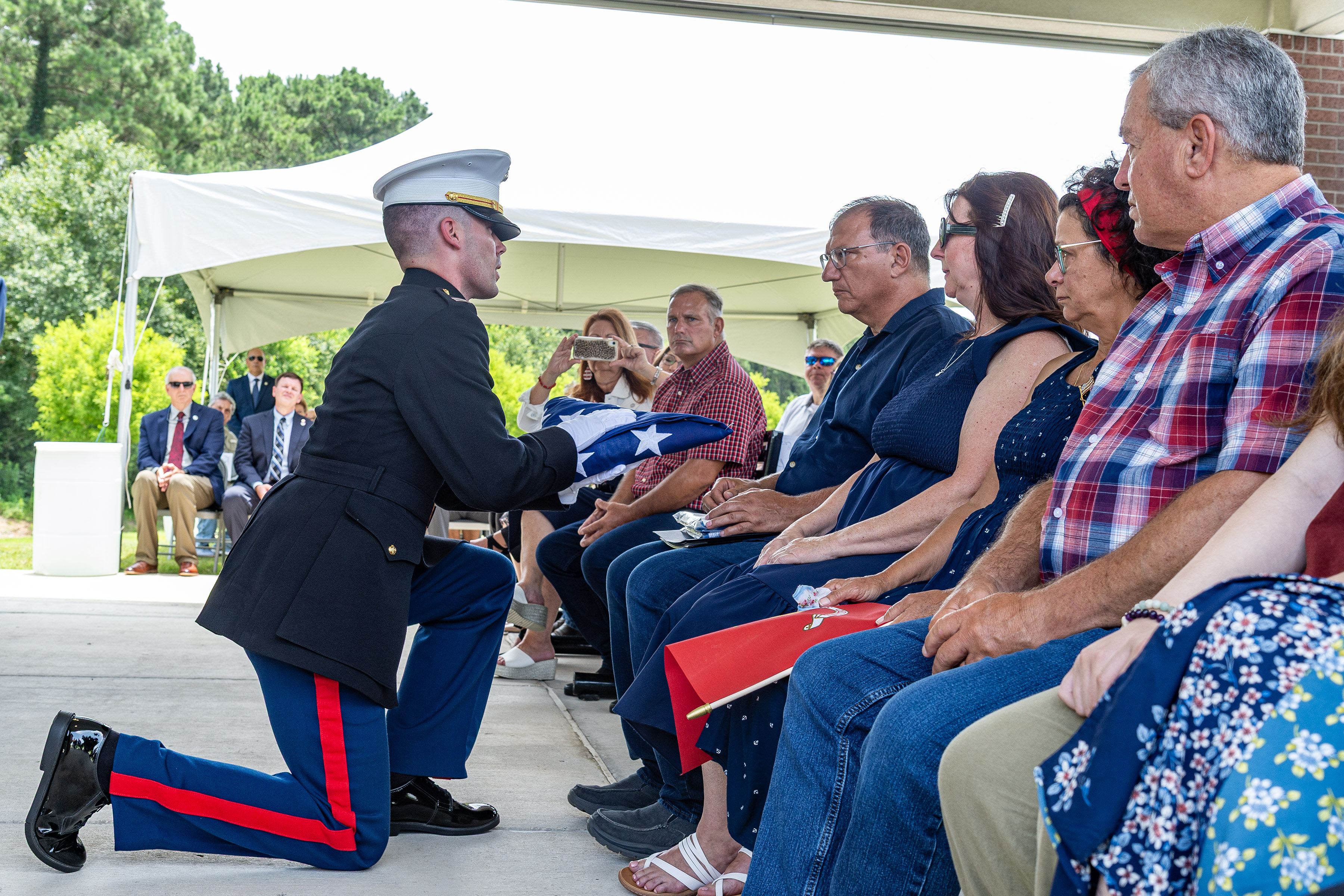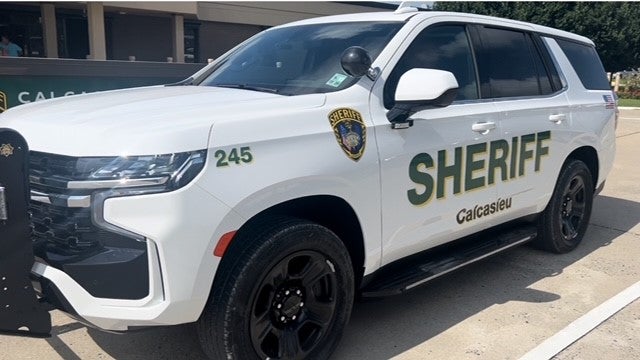How three Calcasieu police jurors accomplished major reform in only one term in the 1970s
Published 11:42 am Thursday, March 7, 2024
Editor’s Note: This is the first of a three-part series.
Three Lake Charles men who were elected to the Calcasieu Parish Police Jury in 1971 did something that is rare in politics. With the help of their Police Jury colleagues, they accomplished major parish government reforms — goals they had set for themselves — and didn’t seek re-election four years later.
Fred Godwin was a successful local attorney who became a 14th Judicial District judge. Wayne Kingery was a McNeese State University Hall of Fame football and basketball player, vice president of Lakeside National Bank and a businessman. Julian Dondis was a petroleum engineer who moved to Lake Charles in 1960 and opened Greengate Garden Center.
Those men are no longer with us but the legacy that they left us will never die. It has helped the Calcasieu Parish Police Jury over the years since then to become one of the most productive and progressive parish governments in Louisiana.
Many of the Police Jury candidates in 1971 supported creation of the unit system that would consolidate budgeting, purchasing, equipment, and personnel functions. Each of the parish’s eight wards at that time handled those functions individually.
Candidates also wanted to hire or elect a parish administrator in order to remove executive duties from the jury, leaving it to the legislative functions.
Kenneth Istre, one of those candidates, said those changes could be made if the jurors would work together as a parish body, rather than pitting ward against ward.
“You can have a more efficient jury by having more efficient jurors,” Istre said.
The 1971 Police Jury primary election was the first under a court-ordered reapportionment. Jurors reduced the size of the jury from 20 to 15 members.
Kingery led the field of 25 in 1971, picking up 13,757 votes, 2,819 votes over a majority. Godwin was close behind with 13,324 votes. Both were elected in the primary from District B (Ward 3-Lake Charles).
Pete Manena of District B won his fifth term with 11,207 votes. Lawrence Fabacher of Westlake and District C (Wards 4 and 7) won his fourth term. The remaining 11 seats would be filled in the general election.
The American Press in an editorial said the outgoing jury had authorized and financed a charter commission to study a new form of Lake Charles and Ward 3 parish government. Although voters rejected the plan, the newspaper said the jury gave them an opportunity to voice their feelings.
Godwin said the new jurors elected in the primary weren’t trying to usurp the authority of the old jury but would like to see jurors include an administrator and a study for the unit system included in the parish budget. Before the Feb. 1, 1972, general election, jurors put $20,000 to hire an administrator in the budget but later took it out of the budget.
Only seven of 20 jurors were re-elected after the Feb. 1 general election. Eight new members were elected. Other new members besides Kingery and Godwin were Wilmer Roberts of District A (Wards 1, 2, and 8), Istre, Dondis, Charles Liggio and B.P. Babineaux (Ward 3), and Floyd Granger of District D (Wards 5 and 6).
The incumbents, besides Manena and Fabacher, were Charles A. Elliott and Gene Wittler, both of District B, Robert Frankland, Lenard Racca, and Louis P. Beglis, all of District C.
After taking office, Godwin in May of 1972 said the problem of garbage disposal is a “people problem that the municipalities should work on together. It is the biggest single ‘nitty-gritty’ problem, a really practical problem, that we’ll have to face.”
Manena said some commercial dumpers were bringing trash collected in Lake Charles to the parish dumps, adding that the parish is bearing a heavy load.
Kingery was elected president of the Police Jury in June of 1972. After the election, the jury approved a motion by Beglis to limit the term of president and vice president to one year. They could serve more terms but just couldn’t succeed themselves.
J.W. “Bill” Rosteet of Lake Charles, who was defeated, had completed eight years as president, the longest anyone had served.
An American Press editorial said the jury got off to a bad start because members outside District B (Ward 3-Lake Charles) believed they must wage a continuing fight to keep from being dominated by District B. The newspaper said the jury needed to act as a single unit rather than four separate entities pulling in different directions.
After a church asked the jury to build it a parking lot, jurors took a major positive step in June when it decided to reject all requests for work on private property. Godwin said the matter had to be viewed in the right light. It is not a matter of helping churches, he said, but one of spending public money on private property.
Godwin also promoted the creation of a jury agenda meeting where all items discussed would be placed on a regular meeting schedule. Another committee would handle problems connected with construction of a new coliseum.
Jurors also decided to consider creation of a criminalistics lab with surrounding parishes.
(Next: The unit system)


